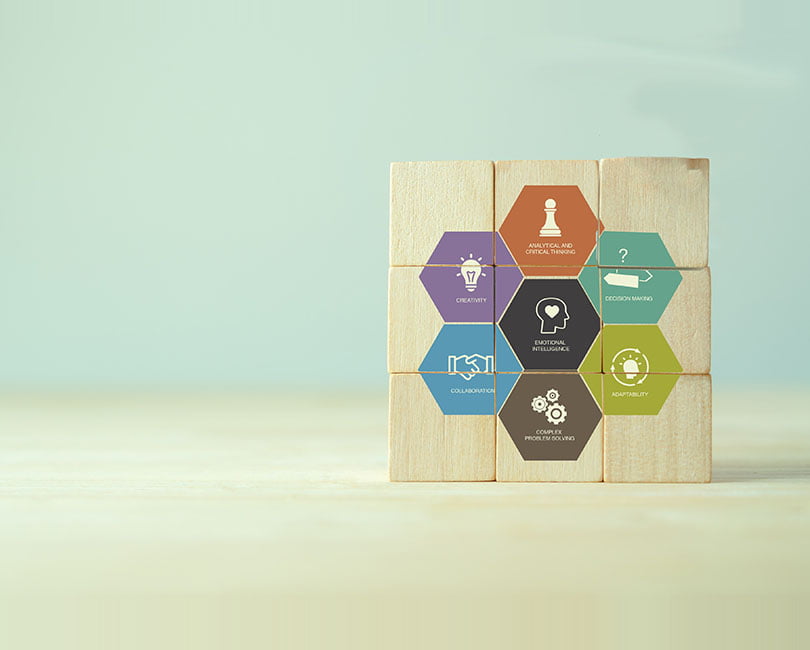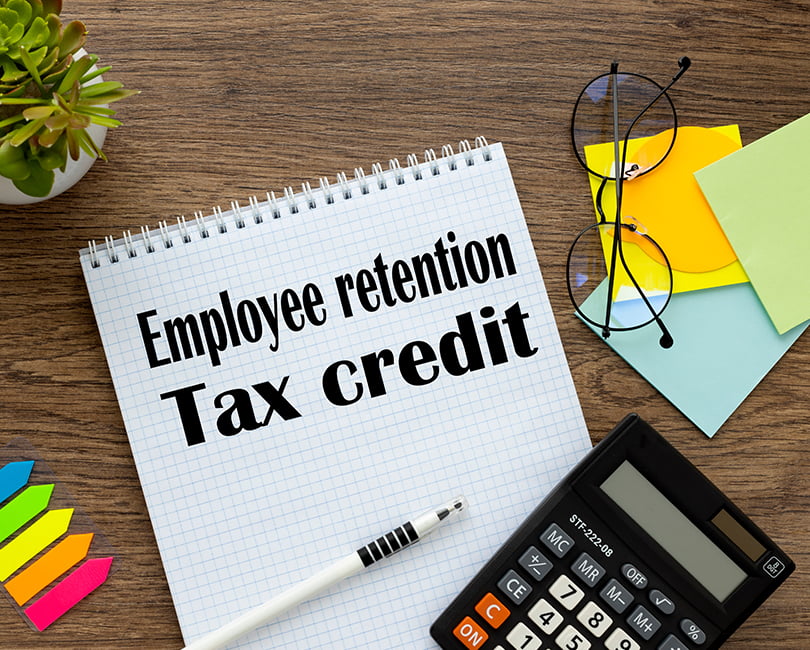The Skills it Takes to be a Successful Seller-Doer

The seller-doer model is one of the most common approaches to business development in architecture, engineering, construction (AEC), environmental, and related industries. Yet, most firms will admit that they need help with the model.
A seller-doer must balance getting the work (selling) with actually delivering (doing) the work. Although some seller-doers spend more time on the business development side of the role, the vast majority spend far more time engaged in billable client work than they dedicate to developing new project opportunities.
There’s a common line of thinking among AEC firms that just because you tell someone to get work, they will click their heels, and projects will magically appear. Countless seller-doers have failed because they lacked the knowledge, skills, and tools to be successful.
At Stambaugh Ness, we regularly instruct current and future seller-doers on strategies, tactics, and tools. But, the truth is that as we work with clients to customize the Seller-Doer training, it becomes clear that what is most often missing are the foundational “soft” skills, which are truly power skills.
Companies typically focus training on hard skills – those that employees need to know to be better designers, engineers, or construction managers. Some have elevated training to address project management needs, although even that training often focuses on company processes and standards instead of interpersonal and communication skills. The people part of project management is just as essential as the process part. Many of the skills required to succeed in project management are also necessary to thrive in business development.
Through surveys, gap analyses, and discovery interviews with clients, we frequently see a need to help seller-doers become better communicators driven by curiosity and empathy.
So what does it take to be a seller-doer in the AEC and environmental industry?
Part aptitude, part toolbox, and part skillset.
Aptitude
Aptitude, by definition, is simply the natural ability to do something. And many professionals within the AEC industry don’t have a natural aptitude for business development – at least by the typical definition. Too often, we narrowly define “selling” based upon a widespread misbelief that activities like working trade shows and cold calling are the only ways to sell.
Although many seller-doers don’t have the aptitude for sales based on this definition, the reality is that they do have the aptitude for other areas of business development. We refer to these as a person’s strengths and every seller-doer has certain strengths that can be leveraged for business development. In our seller-doer training, we always encourage participants to focus on their areas of greatest strength and leverage their aptitudes instead of trying to conform to a narrow definition of selling.
Toolbox
Toolbox refers to the various approaches to business development. Opportunities can come from myriad places and create a path for success when aligned with a seller-doer’s strengths. Some seller-doers generate work because they speak at conferences or write articles. Others benefit from opportunities through their network or referrals. And still, others utilize digital approaches like social media and blogs.
Many different tools create various approaches for seller-doers to engage in business development. When paired with aptitudes – or strengths – a seller-doer can find the lanes in which they are the most comfortable and contribute greatly to a firm’s business development program. But when forced into areas where they are uncomfortable or have limited aptitude, the tools will become useless.
Skillset
Skillset is the third component and relates to the “softer” skills rarely taught in schools. Unlike aptitude, which is a natural ability or talent, these skills can be learned and practiced. And just as the seller-doer toolbox continues to evolve with generational change and technological advancement, the requisite skillset to succeed as a seller-doer (and project manager) is also growing and changing. The skillset necessary before the internet differs from the skillset required in today’s social media and videoconferencing era.
The good news, however, is that many of these skills are foundational in any era. Verbal and written communication has always been important and is perhaps even more critical today than they’ve ever previously been. However, storytelling has become essential, as has the ability to be a true advisor throughout the business development process. We refer to these as power skills, not soft skills, because without these skills, the more challenging skills cannot be maximized – or even applied, if no work is coming in the door.
Putting It Together
Aptitude, Toolbox, and Skillset are all critical contributors to a seller-doer’s success, but they depend on one another. Natural aptitudes and learned skills are not enough if you use the wrong tools. When you can play to your strengths by employing the tools that align with your aptitudes, layering in the proper skillset will elevate your game as a seller-doer.
What are the skills required to succeed in business development? Check out the upcoming Stambaugh Ness webinar, 12 Soft Skills Every Seller-Doer Must Have to learn more. Interested in providing power skills training to your team? Reach out, and let’s connect.



